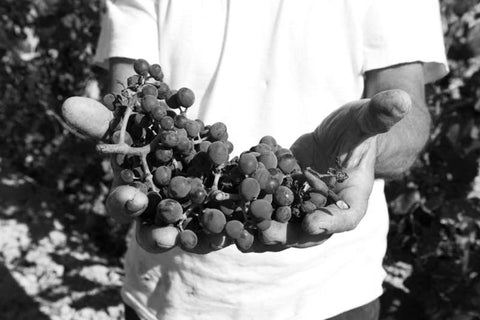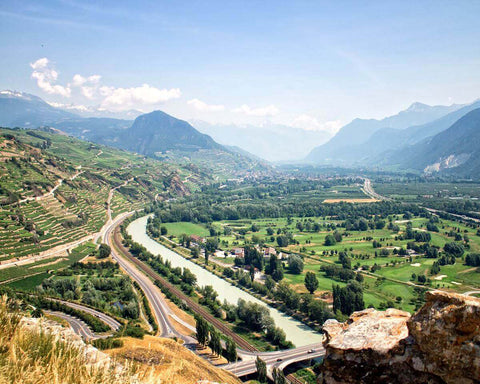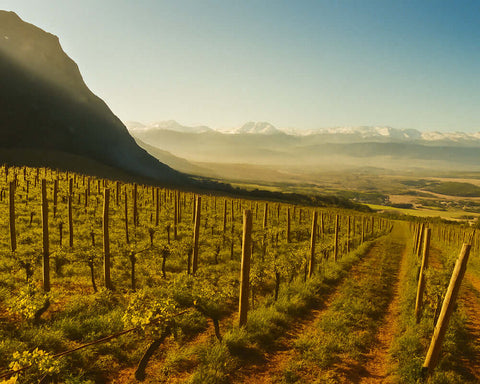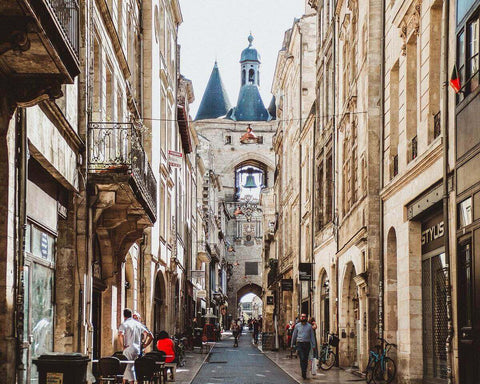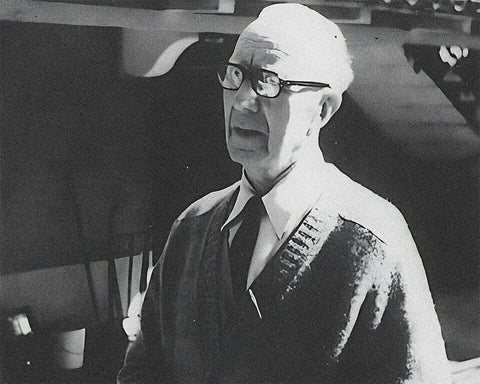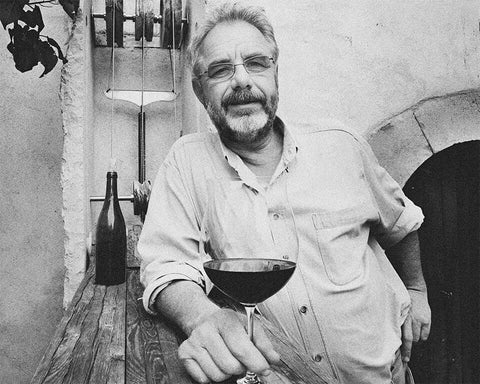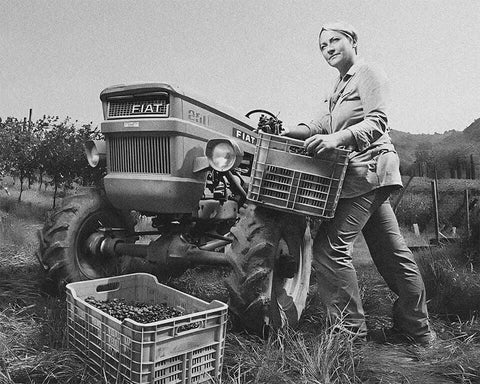Elisabetta Foradori – also known as “The Lady of Teroldego” in natural wine circles and well beyond – is one of the most historical and respected natural wineries in Italy, and one of the very few in Northern Italy’s mountainous Trentino-Alto Adige, a region rich in native varieties and diverse terroir but rife with conventional operations.
Elisabetta Foradori's winery was originally founded in 1939 with Elisabetta taking the reins in 1984 after her father’s passing. Strongenologygree in oenology from the prestigious S.Michele all’ Adige institute, Elisabetta has always sublimely married in perfect and complementary balance a solid technical preparation with a vision of natural wine as a cultural, living entity which must be the mirror of the unique interaction between vigneron, grape, and terroir.
Elisabetta’s journey had been from the very beginning about seeking for the most natural viticulture and winemaking possible and since 2002, long before natural wine became fashionable, the whole 28-hectare estate, located between the Colognola hills and the Campo Rotaliano plains at the feet of the peaks of the Dolomites mountains, has been certified biodynamic.
In a region known for widely-planted international varieties and wines engineered to follow the market, Elisabetta has always stood out in her quest to give new dignity and glory to Trentino’s most typical ancient local varieties such as Teroldego for reds, Incrocio Manzoni and Nosiola for the whites. Through her perseverance and passion, she has been able to identify and map through selection massale 15 different and distinct bio-types of Teroldego.
In the cellar, as a natural extension of the biodynamic work that takes place in the vineyard, only spontaneous fermentations take place, all winemaking trickery is severely banned, as are fining and filtration. Always a pioneer, Elisabetta was among the first Italian natural vignerons to widely adopt the use of amphorae, which allows for longer and less intrusive elevage of the wines, contributing to further exalting the qualities and personality of grapes and terroir.
Elisabetta’s wines, be it her deeply complex and elegant Teroldego red or her multi-faceted and vibrant Nosiola white, cannot but faithfully mirror her philosophy and practices. These are perhaps best exemplified in her own words: “We must strive to discern the subtle differences in nature, listening to her to preserve the sincerity of character of the grape as it expresses its place of origin” and also “Working with nature sharpens one ability to listen, puts in synch with it the spirit and the habitual practices of the farmer, it leads to a deep comprehension of nature’s vital processes.”

